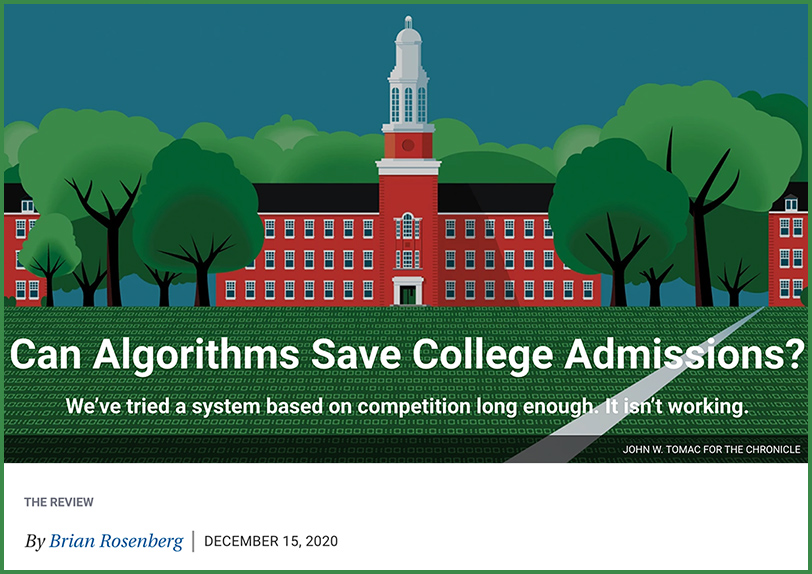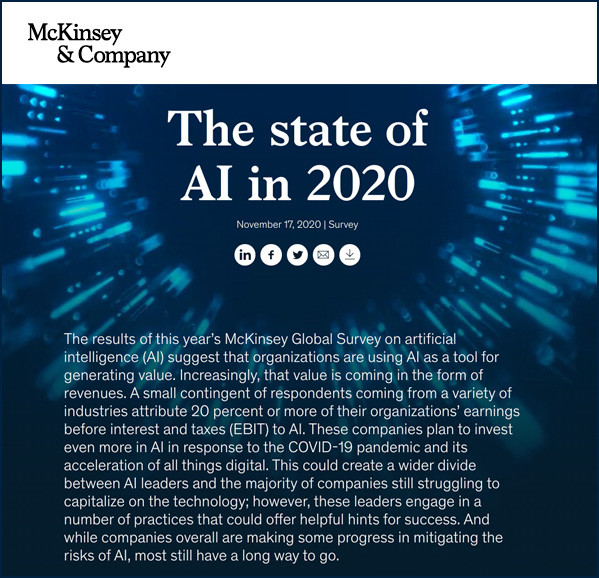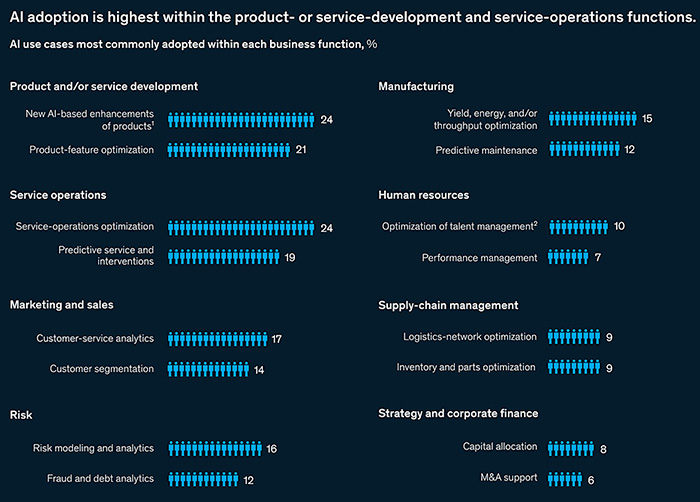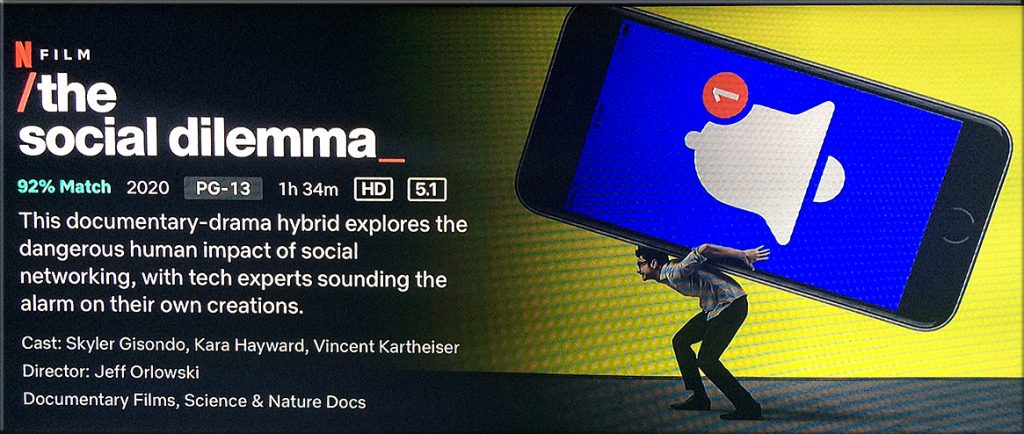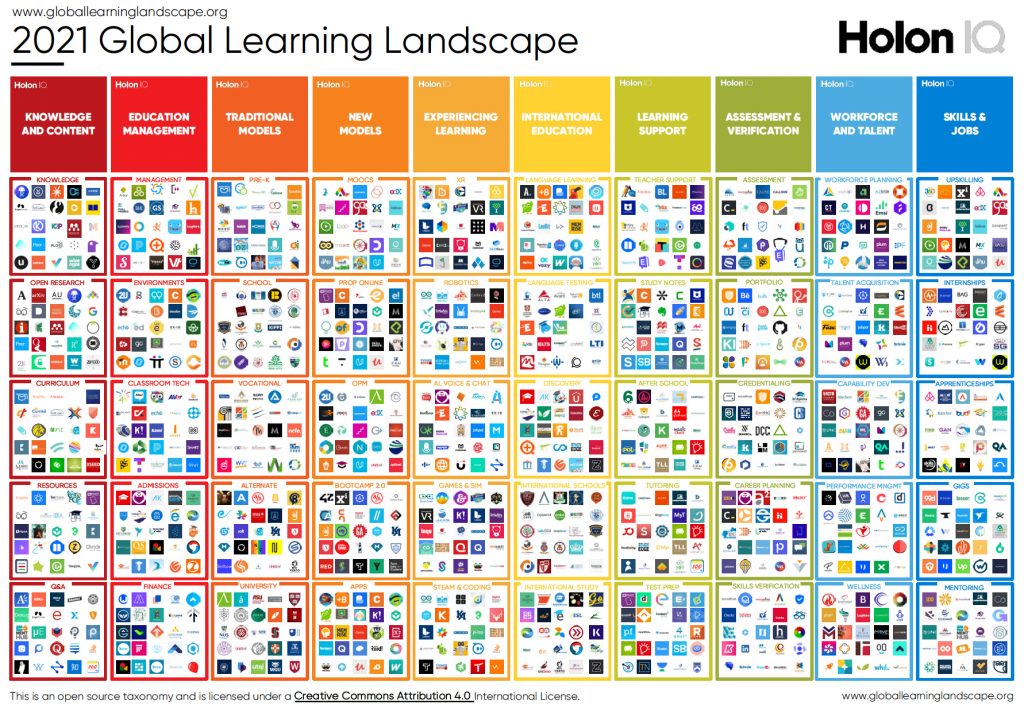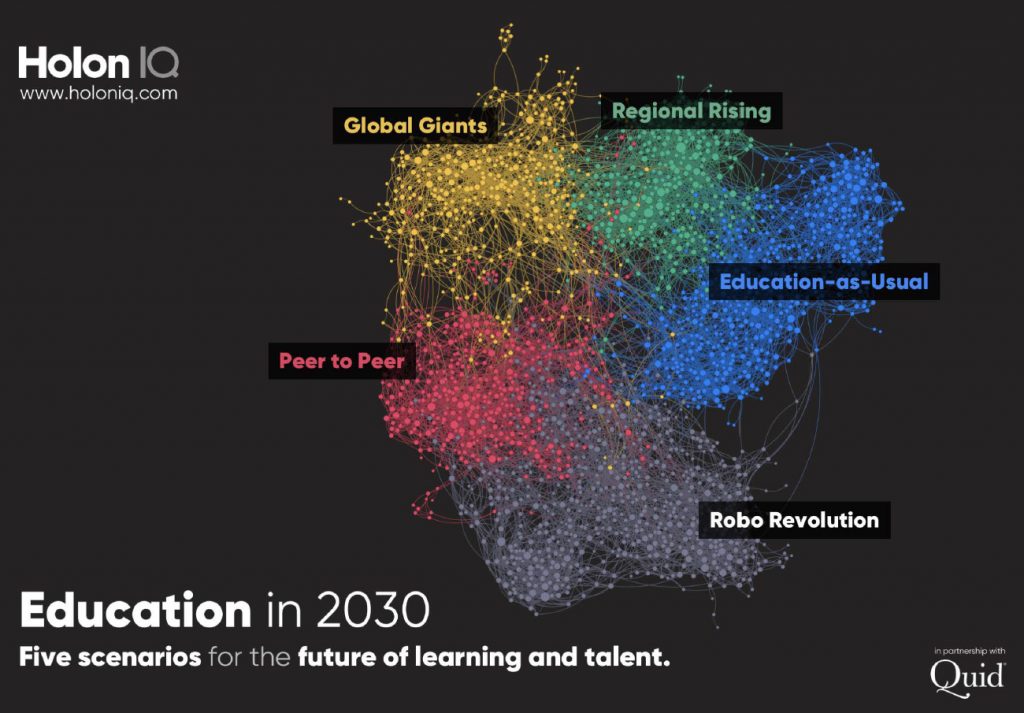How E-Learning Content Is Evolving: 7 Trends You Need to Know About — from trainingmag.com by Tiffany Harper
Continuous, personalized learning in small bites through a storytelling approach—that sums up the future of the e-learning industry.
Excerpt:
VR and AR
Technological innovations let us play better games. The progress of VR and AR technology (virtual reality and augmented reality) is closely related to the gaming industry, but that doesn’t mean it stays there.
We can turn any space into an environment that’s ready to explore. If we learn about the universe, we can see it around us. If we learn about industrial technology, we can be virtually present in a plant. This technology is especially important for corporate learning. Instead of sending employees away to develop new skills, companies benefit with lower expenses and greater convenience.
We haven’t seen the best of virtual and augmented reality in e-learning yet. But as the trend progresses and more learners get their devices, it won’t be unusual for AR and VR to be included in every online course of the future.









